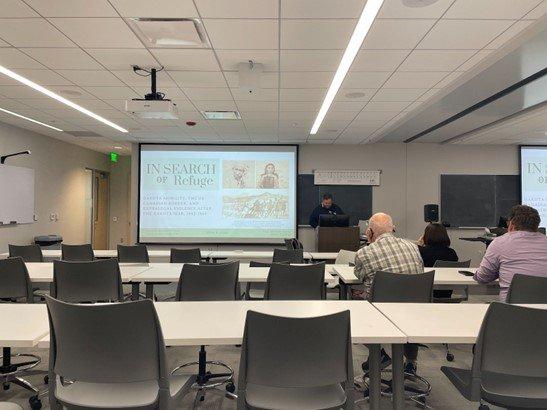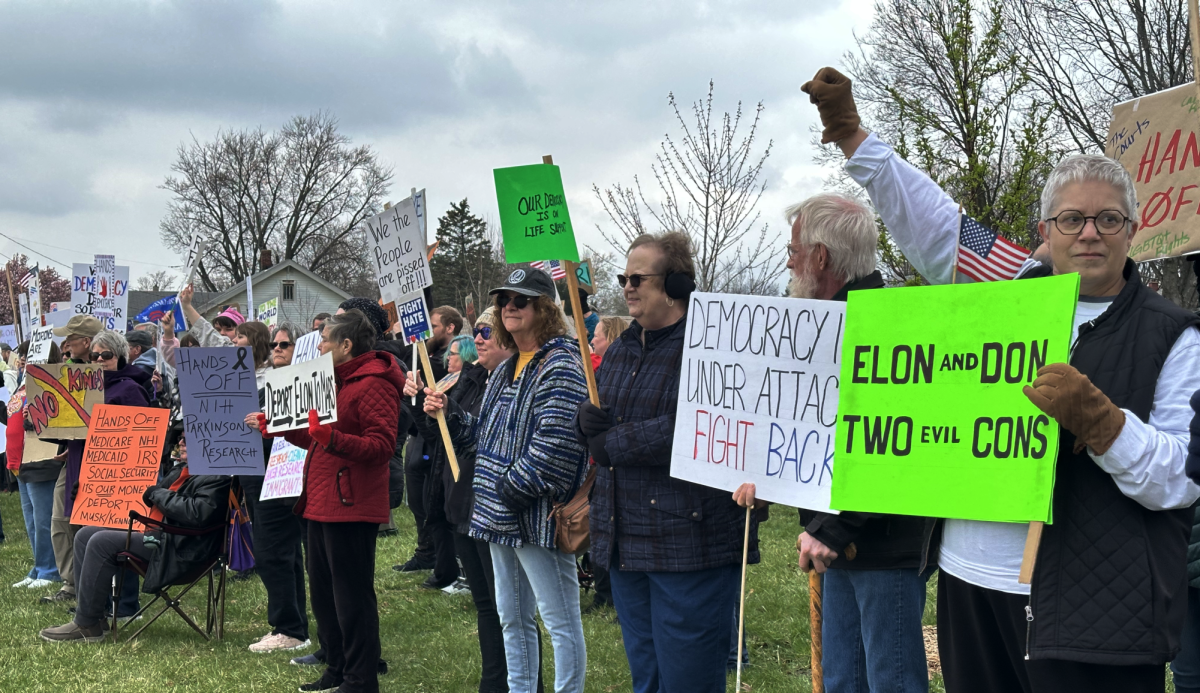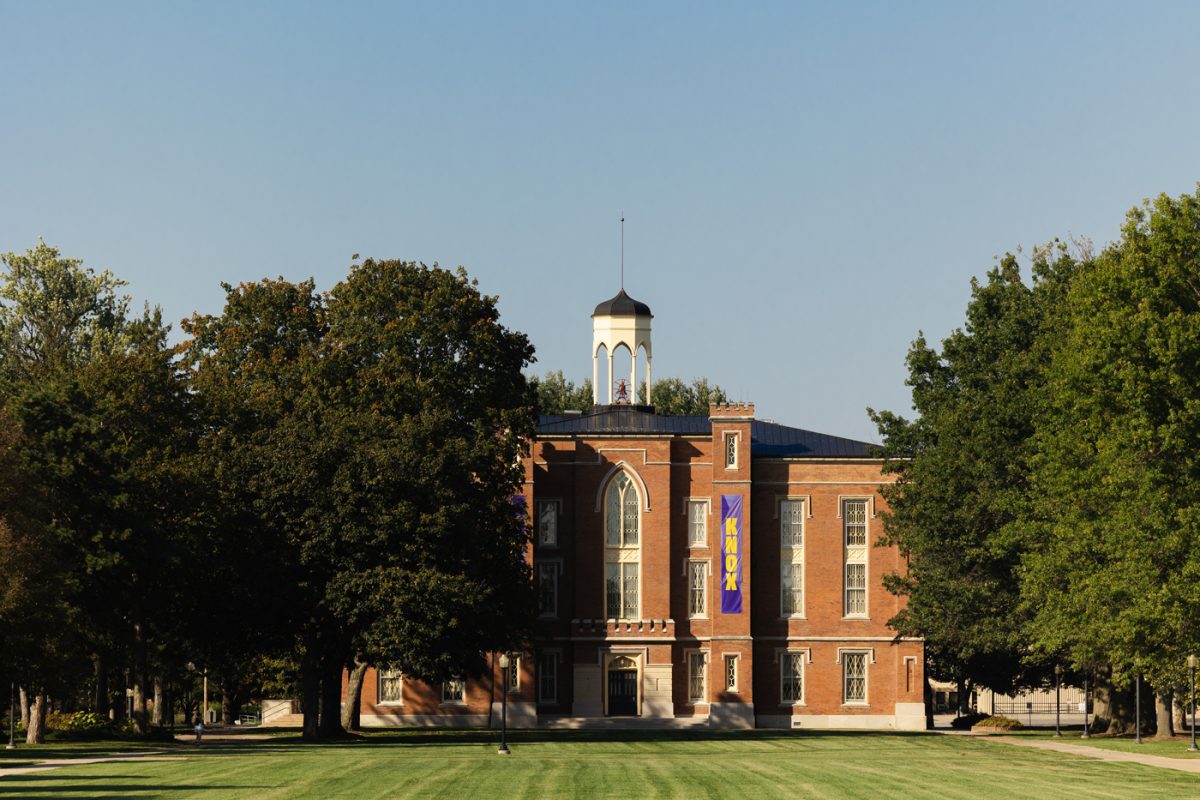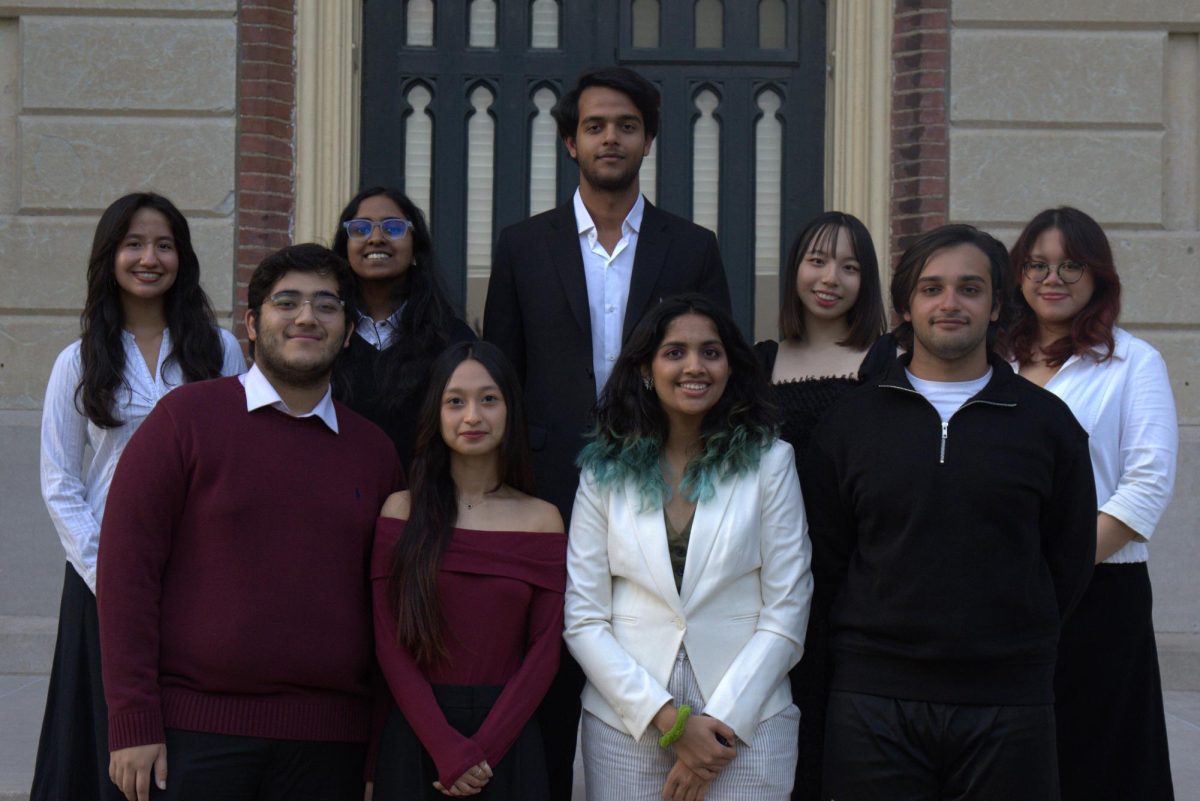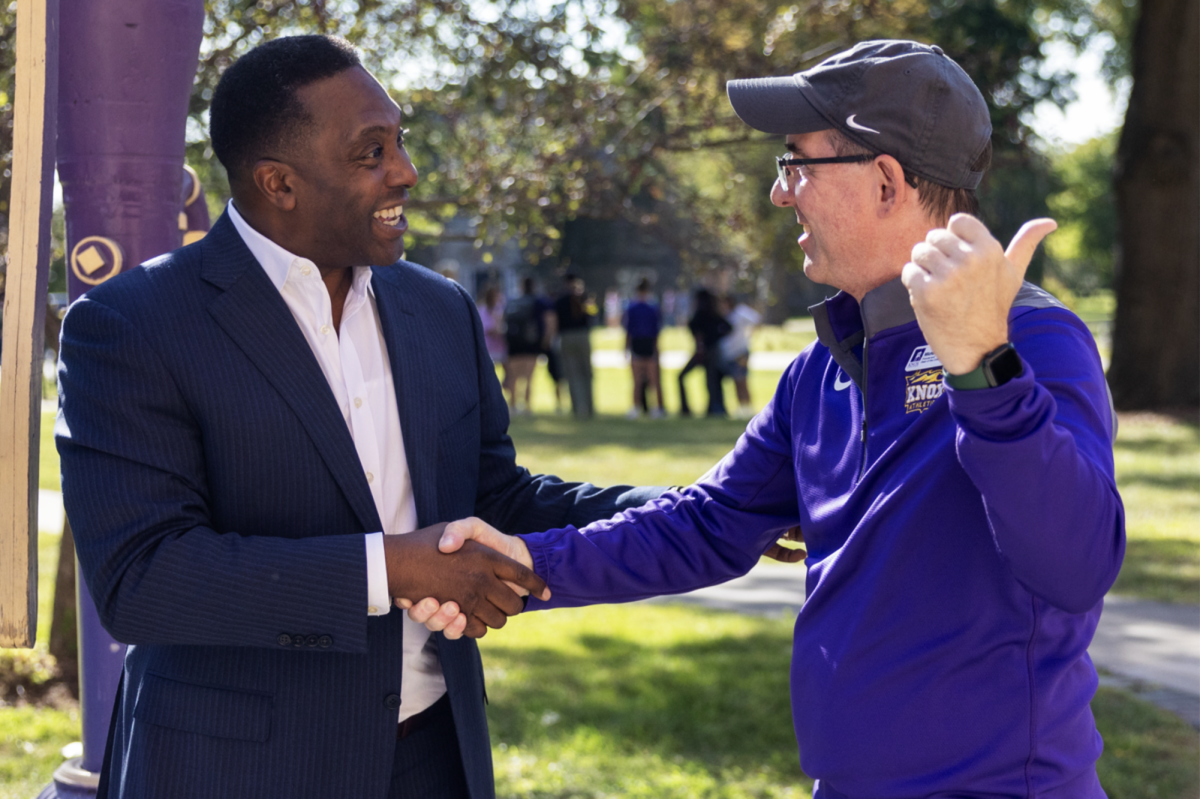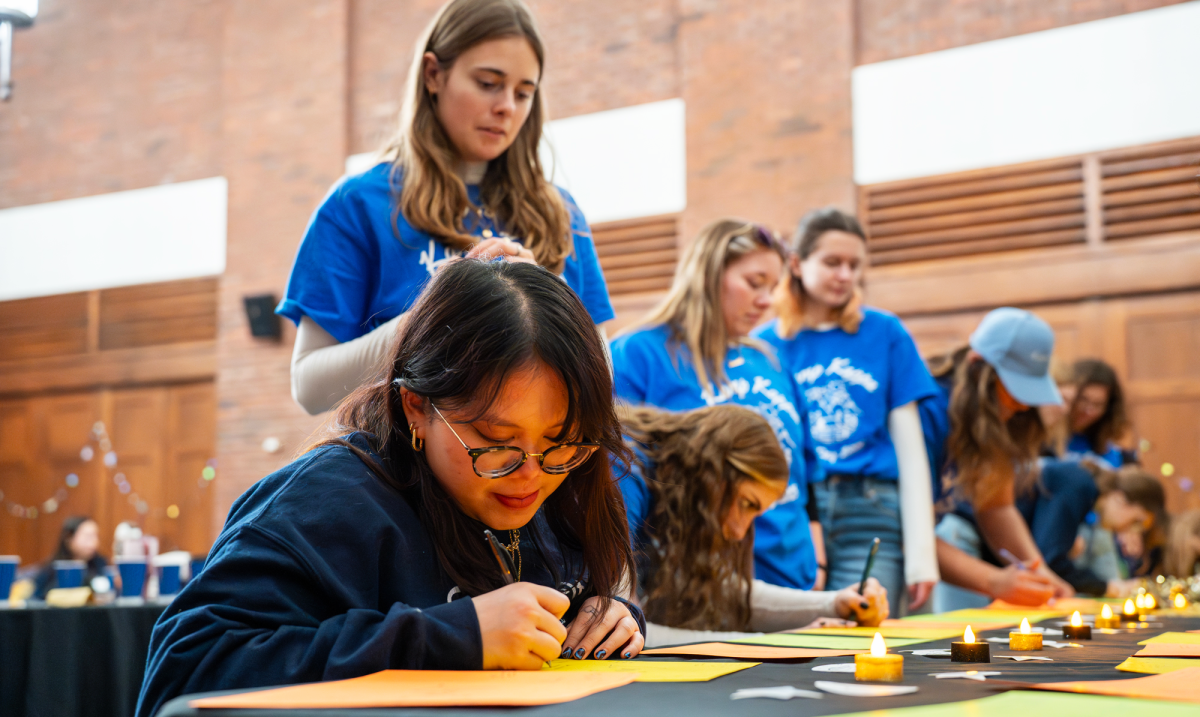Knox Students Learn about the US-Dakota War
Photo by Yuchen Wang
Knox College is a school of less than eleven hundred students. Yet its history goes back more than one hundred years, and the founder, as well as the first several presidents and trustees were involved in the underground railroad during times of slavery. Knox also contributed significantly to progressive changes during the 19th century. One of the first Black students in Illinois: Barnabas Root, and the first Black senator in the United States: Hiram Revels both graduated from Knox.
This year, an opportunity to commemorate these historical events was awarded to Knox by the Andrew W. Mellon Foundation in the form of a $1.2 million grant. This grant is funding research and learning opportunities related to historical justice. The projects funded will focus on the theme of Abolition – a core value of the college since it was founded.
“Our goal is to get students to think differently about the humanities disciplines, make classes more hands-on and immersed in the community, as well as making learning more accessible through new tools and technologies,” Post Doctoral Fellow in Digital Humanities Dr. Jennifer Andrella said.
Dr. Andrella is in charge of this project, along with seven faculty members headed by Associate Dean Danielle Fatkin. Departments such as the Knox Library, Vovis Center, and Kleine Center will all have involvement with the project as well.
Two key parts of the project will be exploring abolition with a strong focus on the college’s founding and encouraging students to develop skills relating to researching archives, as well as learning about Abolition in the 21st century to raise awareness of social justice issues to students.
As Andrella said, a main focus of this project is to challenge existing perceptions of the humanities disciplines. One example of this aim is the lecture that took place on Thursday, Oct. 20.
This was the second of a lecture series that the Abolition Lab is hosting. It was given by John R. Legg, a PhD candidate in History from George Mason University and focuses on the Dakota War. A war that took place in Minnesota from 1862 to 1865, which overlapped with the Civil War. It was started by Abraham Lincoln against the natives of the Dakota tribe.
The conflict started with the United States breaking a promise to provide food for the Dakota tribe due to its involvement in the Civil War, causing the men of the tribe to steal food and the rising tension between them eventually led to a war. After their quick defeat, many natives were sent to concentration camps, while some escaped to British Canada where they were happily accepted due to their help to the British in the war of 1812.
The persecution of the natives eventually became the largest mass execution in US history, resulting in closely a genocide of the natives of the Dakota tribe. While some natives were able to escape to Canada, some failed and were brought back to the US and went through unjust trials and were executed, including the two chiefs of the tribe. To this day, the diasporas of the Dakota tribe across the US-Canadian border still organize activities to commemorate this event, as well as to visit their relatives on the other side of the border.
For Knox students, this is a chance to learn about a period of history that might not have been familiar, as well as changing their perceptions about some aspects of US history. However, this was an important opportunity for Legg as well.
“As a grad student, I don’t have much opportunity to present my research, and this allows me to present my findings.” Legg said. “Abolition does not just apply to banning slavery, it’s about breaking free, and my story presents a story of breaking free of indigenous people from government oversight, which matches the theme of Abolition Lab.”
For students who are interested in challenging their existing beliefs, or just want to experience the impact of new technologies on learning of the humanities discipline, the abolition lab and its activities is a great way to fulfill their needs. Thanks to the grant from Andrew W. Mellon Foundation, Knox is able to better preserve and further their spirit of abolition.

